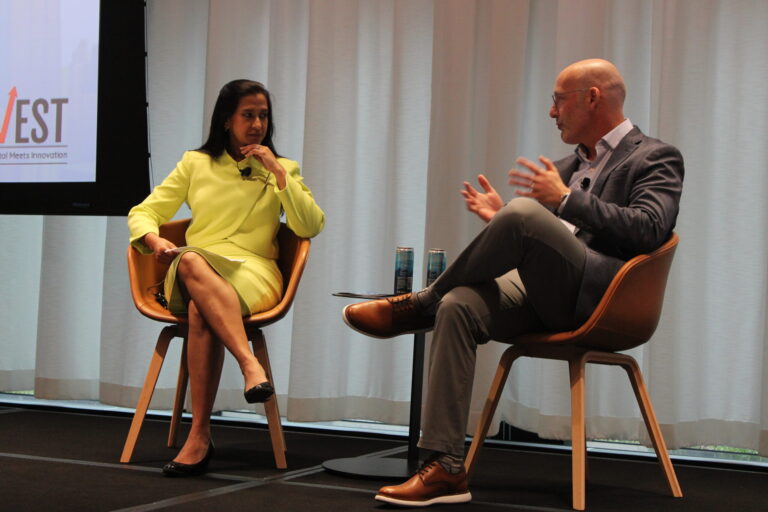Hospitals find it more difficult than ever to collect the payment for the attention they provide, which is one of the many factors that cause generalized financial tension among the nation’s suppliers. Many hospitals have invested significantly in income optimization technologies, whether independent tools or those integrated with EHR systems, but the situation has not improved.
This week, New Mountain Capital launched a new company that will compete with established income management companies and will try to overcome them in their own game. The private capital firm formed the new entity, called Smarter Technologies, by combining three separate platforms that it had already acquired: Smarterdx, Bhindful.AI and Access Healthcare.
With players established as Epic, Change Healthcare and R1 RCM that already compete for customers, one might ask: Healthcare Ready needs another company management management company?
Jeremy Dekinsky, CEO of Smarter Technologies, believes that the answer is yes, and explained why Tuesday. Medcity news‘Editor in Chief, at the investment conference of the publication in Chicago.
The Dekinsky company promises to improve the accuracy of payments and delivery cost reductions through automation with AI.
Medical care represents almost 20% of the GDP of the nations, however, it offers a frustrating and opaque experience for patients, often with surprise invoices and signaling between suppliers and payers, he said.
“We are in a moment of deep social fear about how attention is given in this country,” said Dekinsky.
He described something that happens every day in the United States: despite having insurance, a patient receives a confusing surprise invoice months after receiving attention and is forced to navigate between the supplier and the insurer to solve the problem by themselves.
Dekinsky also reminded the audience that the country spends about $ 950 billion a year in health administration, an inefficiency of internship in much of an obsolete administrative technology infrastructure
“The transactional chassis that we use to judge medical care in this country was rented and created by the 1997 Balanced Budget Law, where we live with a series of standard ANSI transactions for claims, electility, prior and well -being. And they are ray and payments transactions.
In addition to that, the increase in labor costs and the change of traditional Medicare to the advantage of Medicare, which pays less and is more difficult to bill, are eroding the margins of the supplier, added Dekinsky.
In addition, denial rates have almost doubled in the last five years as payers use the AI increasingly to analyze claims, or ASING suppliers to present additional medical records to determine the medical need, he said. He pointed out that payers also “have a complete series of AI tools that have been deployed in the leg to claim claims that have already paid their legs.”
Despite the generalized adoption of the EHR in the last two decades, the infrastructure for the exchange of data without problems, with delays and claims that goes back too common, said Dekinsky.
“When he adds all that, I cannot think of a better case for the application of AI than the transactional intestines of American medical care,” he said.
In his opinion, the United States not only needs another management company of the medical care income cycle: it needs one that is more profitable. The majority of income management suppliers charge their suppliers a rate that repeats from 5 to 9% of the collections, but the smartest technologies point to 1–1.5%, said Dekinsky.
The company can provide this affordable model because its AI agents operate in paying portals and billing systems, as well as its low -cost and scalable sea BPO, he said.
Dekinsky added that Smarter Technologies agents are trained not to make mistakes.
“[BPOs] Let’s say, we will make a quality audit of 5% and guarantee a quality score of 95%. That means that an extraordinary number of fogs is happening, and those bees [surprise] Invoices or authorizations that were not completed for a visit, “he explained.
He said that Smarter Technologies agents do not make those same mistakes because strict procedures follow, the reason when necessary and increase the edge cases to a human team in the loop so that they can be properly resolved.
Many companies have promised to fix the broken health income cycle before, but Dekinsky believes that smartest technologies will stand out for the ability to fulfill precision and affordability.
The company currently serves more than 200 customers, including more than 60 health systems.
Photo: Nick Fanion, Breaking Media


